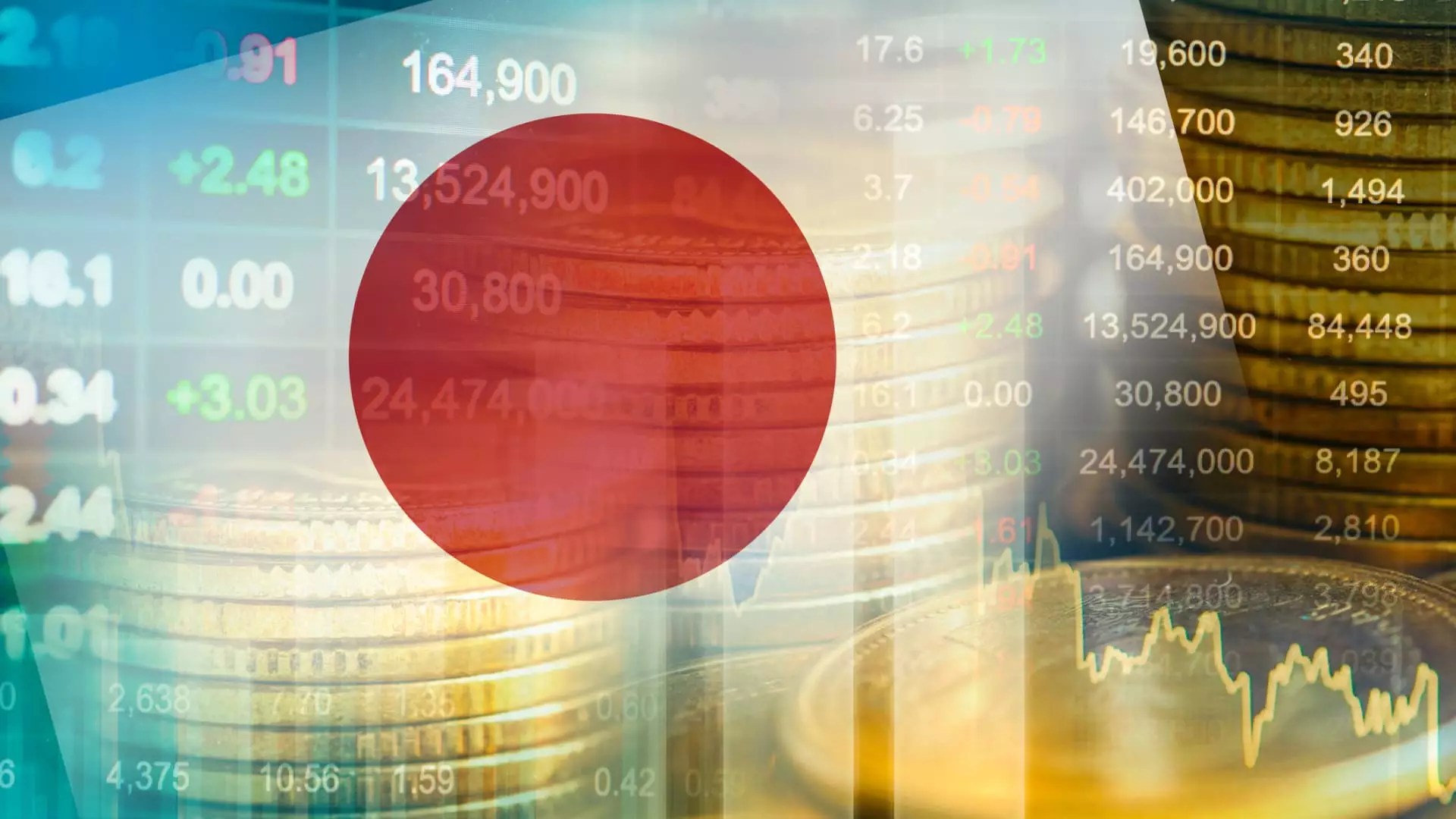The private equity market in Asia Pacific experienced a significant decline last year, with the total value of deals dropping to the lowest level since 2014. According to Bain & Company, the decrease can be attributed to slowing growth, high interest rates, and volatile public markets. Fundraising also reached a 10-year low, adding to the challenges faced by private equity firms in the region. However, amidst this downward trend, Japan emerged as an outlier, with a 183% increase in deal value in 2023 compared to the previous year. This surge propelled Japan to become the largest private equity market in Asia Pacific for the first time. Bain’s 2024 Asia-Pacific Private Equity Report highlighted Japan’s attractiveness as an investment destination due to its deep pool of target companies and the pressure on Japan Inc to dispose of non-core assets.
Overall, the Asia-Pacific region saw a decline of more than 23% in deal value, reaching $147 billion in 2023. This represents a 35% drop from the average value of the previous five years and is nearly 60% lower than the peak of $359 billion in 2021. Exits also experienced a significant decrease, plunging 26% to $101 billion, with 40% of exits being through initial public offerings. Greater China dominated the IPO exit value in Asia Pacific, with most listings occurring in Shanghai and Shenzhen. Excluding Greater China IPOs, the total exit value in the region was $65 billion. The outlook for exits in 2024 remains uncertain, but private equity firms are actively pursuing sales strategies to meet their target returns and reduce the inventory of aging assets.
In response to the challenging market conditions, many private equity funds have started exploring alternative asset classes with medium to high returns. These include infrastructure operations such as renewable energy storage, data centers, and airports. According to Bain, buyouts accounted for 48% of total deal value in Asia Pacific last year, surpassing the value of growth deals for the first time since 2017. Despite a decreasing pool of investors, private equity returns continue to outperform those of public markets over a five-, 10-, and 20-year horizon. Looking ahead, countries like Japan, India, and Southeast Asia are viewed favorably for private equity investment opportunities in the next 12 months, according to Preqin’s 2023 investor survey.
While the timing of a market recovery remains unclear, there are signs of improvement towards the end of last year. When the recovery does occur, disruptive technologies such as generative artificial intelligence are expected to play a significant role. These new areas hold great promise for private equity investments in Asia Pacific. Despite the challenges faced by the industry, private equity firms are adapting to the changing landscape by focusing on strategy reviews to highlight the value of deals to potential buyers. This proactive approach aims to generate returns for limited partners and navigate the uncertain market conditions in 2024.
The private equity market in Asia Pacific faced considerable challenges in 2023, with declining deal values and exits. Japan emerged as a strong performer amidst the overall slowdown in the region. Private equity firms are diversifying their investment strategies and exploring new opportunities in alternative asset classes. As the industry looks towards 2024, uncertainties persist, but proactive measures and a focus on emerging trends like disruptive technologies will shape the future of private equity in Asia Pacific.



Leave a Reply